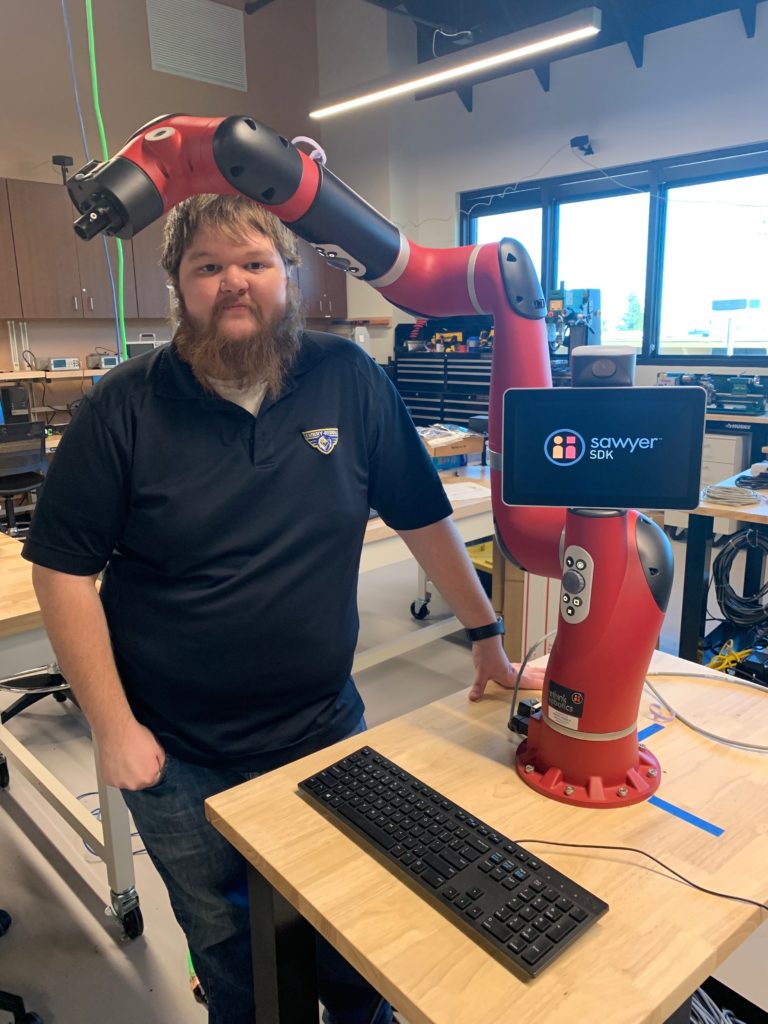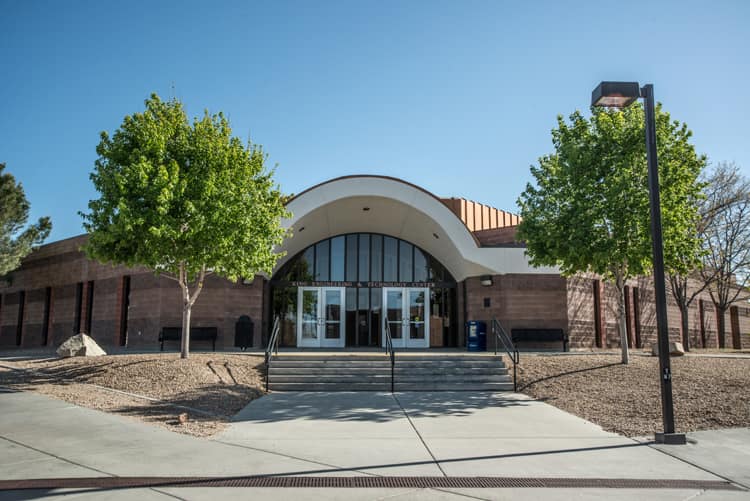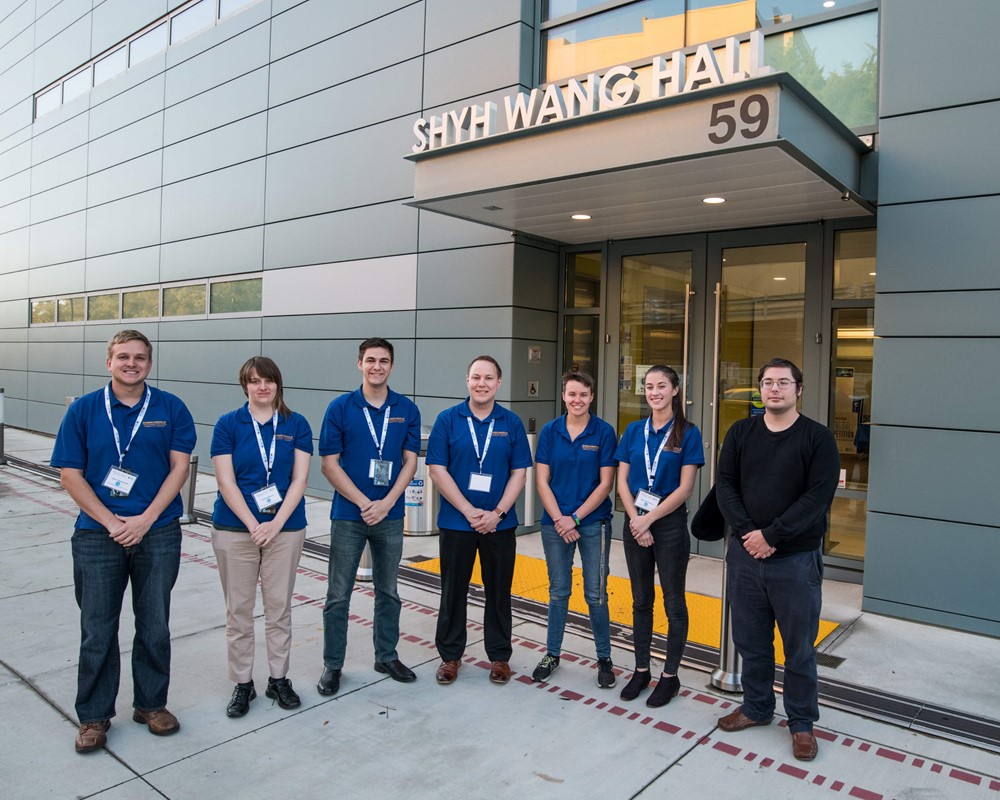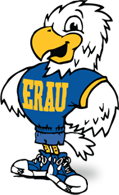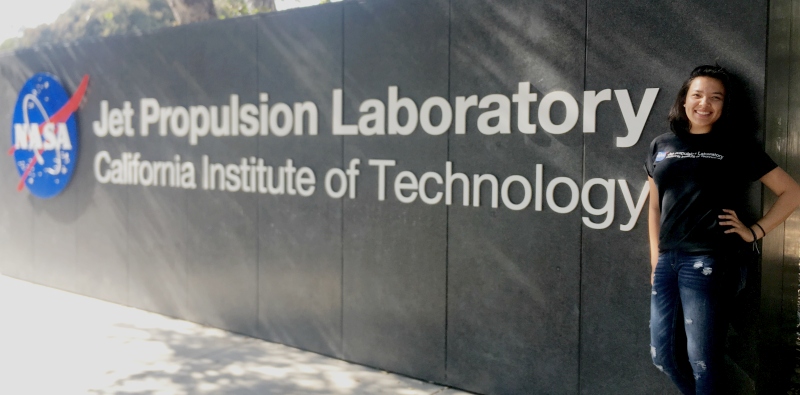
During the summer of 2018, I had the privilege to work as an intern at NASA Jet Propulsion Laboratory (JPL). It has been a lifelong dream of mine to work at JPL and I got to live it as a part of the Integration and Test team on the Mars Helicopter Project (which will be headed to space on the Mars 2020 mission).

You may think “Wow, she must have done a lot to get an internship at JPL!”. However, my resume was as built as any inexperienced college student. One thing to keep in mind is don’t dismiss activities or projects done in high school; an engineering project I did in high school is what caught my JPL mentors’ attention when they decided to contact me for a phone interview.
One my first day, I was extremely overwhelmed because the project was well underway, and I needed to catch up. My mentors were very understanding and welcomed any questions I had throughout my internship. I was tasked with assisting with testing as well as writing procedures for future tests.

Aside from work, JPL held several activities for interns the entire summer, like speaker events, short movie series, and facility tours. My most exciting experiences as an intern were: (1) participating in the NASA Summer Intern Challenge, (2) being interviewed for an article highlighting some projects at JPL, (3) participating and watching any Mars Helicopter test activities.

One thing I learned from my experiences at Embry-Riddle is to be patient because hard work and a little luck will pay off. I’ve had some hard semesters where I thought I wouldn’t make it through a class, but I studied hard and got the grade I needed on the finals. The curriculum that was most helpful to me during my internship at JPL was Technical Report Writing. While different JPL projects have their own formatting requirements, I used what I learned to section the procedures I was writing, make sure that the steps were detailed, and ensured that there was enough information for each step with images, callouts, and tables.

right next to this one is the room that JPL broadcasts from for mission landings, like the
Insight Landing that happened in November.



